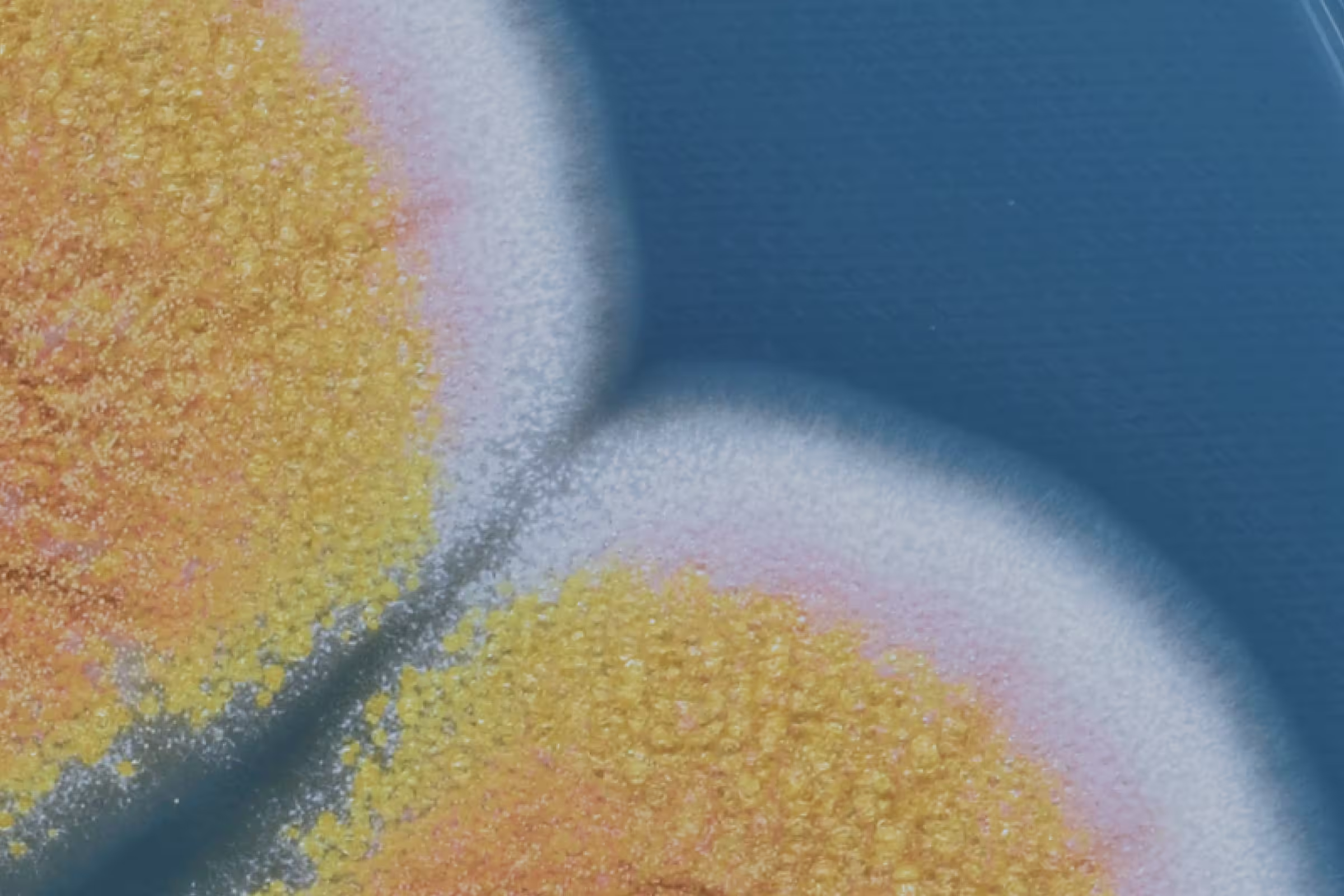

Can You Get Rid of a UTI Without Antibiotics?
Learn whether your body can fight off a UTI without antibiotics, how long it might take, and when it's important to seek medical treatment for a UTI.
Words by Olivia Cassano
Scientifically edited by Dr. Krystal Thomas-White, PhD
Medically reviewed by Dr. Kate McLean MD, MPH, FACOG
Having a urinary tract infection (UTI) is no fun. Needing to pee every two minutes, the burning sensation and general discomfort can make you want relief as quickly as possible. Many women wonder if they can treat a urinary tract infection without antibiotics, especially if they don’t want to wait for a doctor’s prescription, if they’ve had recurrent UTIs, or are worried about antibiotic resistance. While antibiotics are typically the standard treatment, there are some things you can do to support your body’s natural defenses and help manage the infection.
Below, we explore what you can do if you’re trying to manage a urinary tract infection without antibiotics, what role antibiotics play, and when you should absolutely see a doctor.
Can you get rid of a UTI without antibiotics?
A urinary tract infection occurs when harmful bacteria, most commonly E. coli, enter the urinary tract and overgrow. This can lead to a bladder infection or, in more serious cases, a kidney infection. UTI symptoms often include:
- A burning sensation when you pee
- A frequent urge to pee
- Cloudy or strong-smelling urine
- Abdominal pain.
While mild urinary tract infections can sometimes go away on their own, antibiotics are the fastest and most reliable way to clear the infection. Without antibiotics, bacteria can continue to multiply and potentially cause more serious problems, like a kidney infection. Delaying treatment in hopes of the infection resolving naturally can be risky, which is why antibiotics are often recommended by healthcare providers.
Your healthcare provider will discuss your medical history and may want to test a urine sample before prescribing antibiotics.
However, there are some steps you can take to support your body while managing mild UTI symptoms or waiting for medical advice.

Recurrent symptoms? Get Evvy's at-home vaginal microbiome test, designed by leading OB-GYNs.
Ways to support UTI treatment
Whether or not your doctor recommends antibiotics, there are a few things you can do to ease symptoms:
- Drink plenty of water: Staying hydrated is one of the simplest ways to help your body fight off a urinary tract infection. Drinking lots of water makes you pee more, which can help flush bacteria from your urinary tract. Aim for at least eight glasses of water per day, or more if you’re feeling thirsty. Keeping your bladder flushed can potentially help speed up recovery, although it’s not a replacement for antibiotics.
- Pee when you need to: Holding in urine can allow bacteria to grow and spread in your bladder. Make sure to pee frequently, especially if you feel the urge. Each time you pee, you're helping to flush out more bacteria, which may prevent the infection from getting worse.
- Avoid irritants: While you have a urinary tract infection, try to avoid substances that can irritate your bladder and make symptoms worse. Caffeine, alcohol, spicy foods, and artificial sweeteners can all aggravate the bladder, leading to increased discomfort. Stick to water, herbal teas, and bland foods that won’t irritate your urinary tract.
- Use heat to ease discomfort: If you're experiencing pelvic pain or discomfort, applying a heating pad or hot water bottle to your lower tummy can provide relief. Heat won't cure the infection, but it can provide temporary relief.
- Take over-the-counter pain relievers: Over-the-counter pain relievers like ibuprofen can help manage the discomfort and inflammation associated with urinary tract infections. While these medications won’t address the underlying infection, they can make the symptoms more bearable while your body works to heal. Always follow the recommended dosage on the package.
What about cranberry juice?
You've probably heard that home remedies like cranberry juice can help prevent or treat urinary tract infections. While cranberry products — like unsweetened juice or supplements — won’t make the situation worse, there’s little evidence that it will help.
The theory was that an ingredient in cranberries prevents bacteria from sticking to the bladder walls. However, the evidence is inconclusive. There's no solid proof that cranberry juice will have a significant benefit in preventing — let alone treating — urinary tract infections. But if drinking unsweetened cranberry juice or taking cranberry supplements will help you stay more hydrated, that alone can help treat a urinary tract infection.
When antibiotics are necessary
While some urinary tract infections, especially very mild ones, may resolve without taking antibiotics, many infections require medication to fully clear the bacteria from the urinary tract. Your healthcare provider can help determine whether treatment is needed. Without proper treatment, the infection can spread to the kidneys, leading to a much more serious condition that requires urgent medical care.
If you notice any of the following symptoms, it’s important to see a doctor as soon as possible:
- Fever or chills
- Back or side pain
- Blood in your urine
- Nausea or vomiting
- Symptoms that worsen or do not improve after a few days.
Even if your symptoms seem manageable at first, seeing a healthcare provider is the safest option to ensure the infection is properly treated.
FAQ
How long does it take to get rid of a UTI without antibiotics?
It's tough to know how long it will take for a UTI to clear up on its own. Mild UTIs may go away in a few days to about a week as your body’s immune system fights off the bacteria. However, it's not guaranteed, and there's a risk that it could get worse or lead to a kidney infection. Taking antibiotics is the most effective way to treat a UTI quickly and completely, usually resolving the infection in three to seven days. If you don't take antibiotics, the infection could last longer, cause more discomfort, and may require medical treatment later. If your UTI symptoms persist or get worse, it’s important to seek medical advice to avoid complications.
Can my body fight off a UTI without antibiotics?
Yes, in some cases, your body can actually fight off a mild UTI without needing antibiotics, but it's not always a guarantee (or recommended). Your immune system might be able to clear the infection on its own, especially if you take good care of yourself by staying hydrated, going to the bathroom regularly, and avoiding things that can irritate your bladder. However, this process can take some time and isn't always reliable. If you don't treat a UTI, there's a chance that the infection could get worse or spread to your bladder and kidneys. Kidney infections need urgent medical attention and can be much more severe. While a mild UTI can go away on its own, it's safer to talk to a healthcare provider if your symptoms stick around, get worse, or if you start having more serious signs like a fever or back pain.





